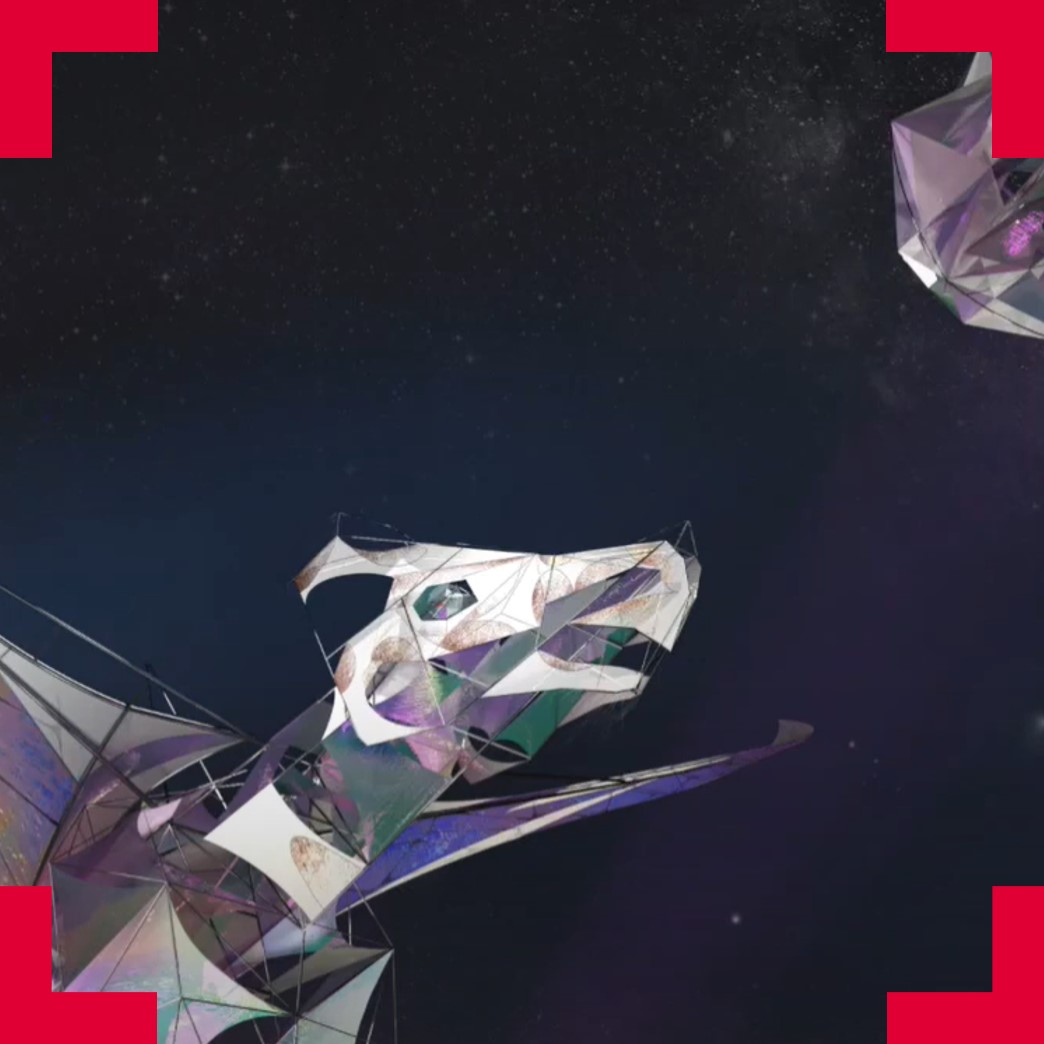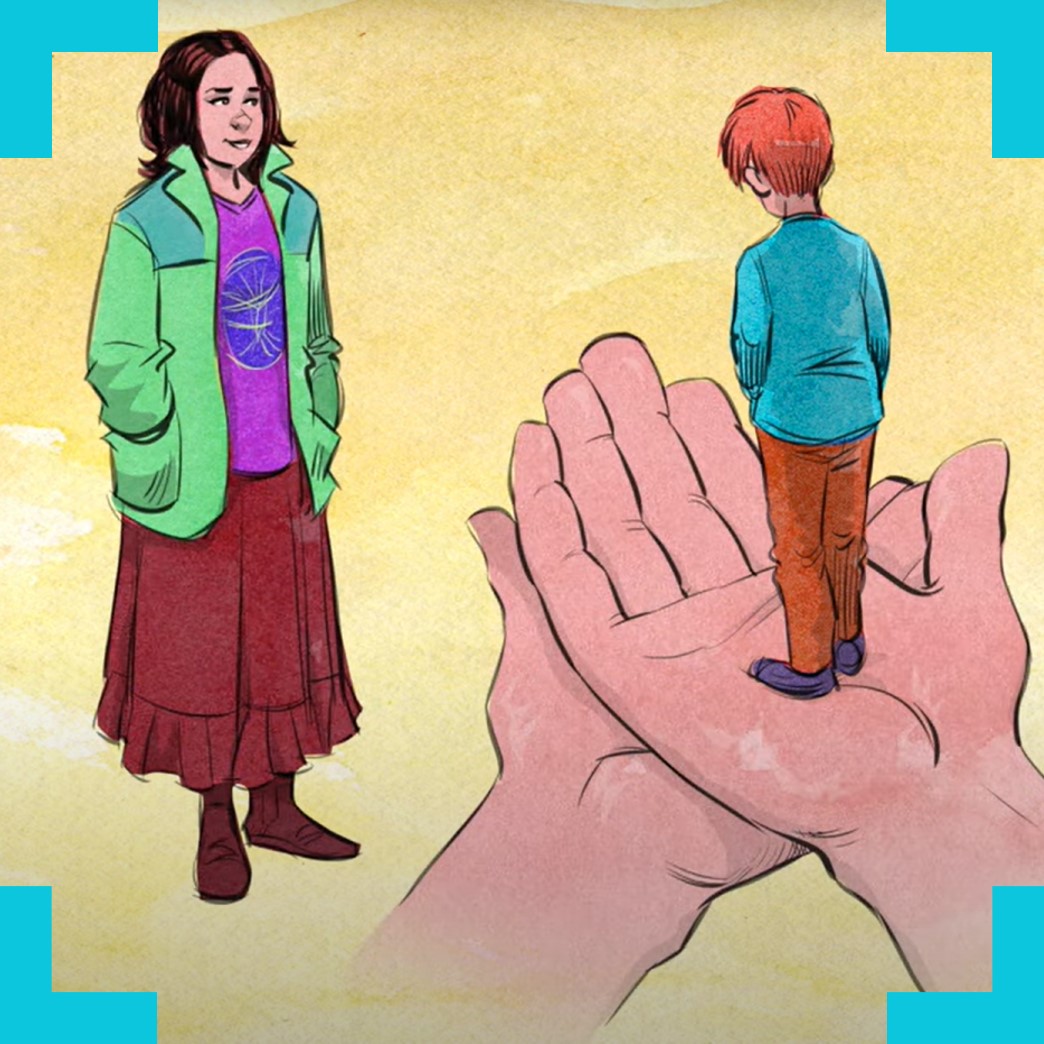-

In 2018, Amy King conducted a series of oral history interviews with former dockers who worked on the Bristol City Docks. She used sections of these interviews, and clips from existing interviews archived at Bristol’s M Shed, to create …

Brigstow brings researchers from different disciplines together with a range of partners across the city and beyond to experiment in new ways of living and being.








